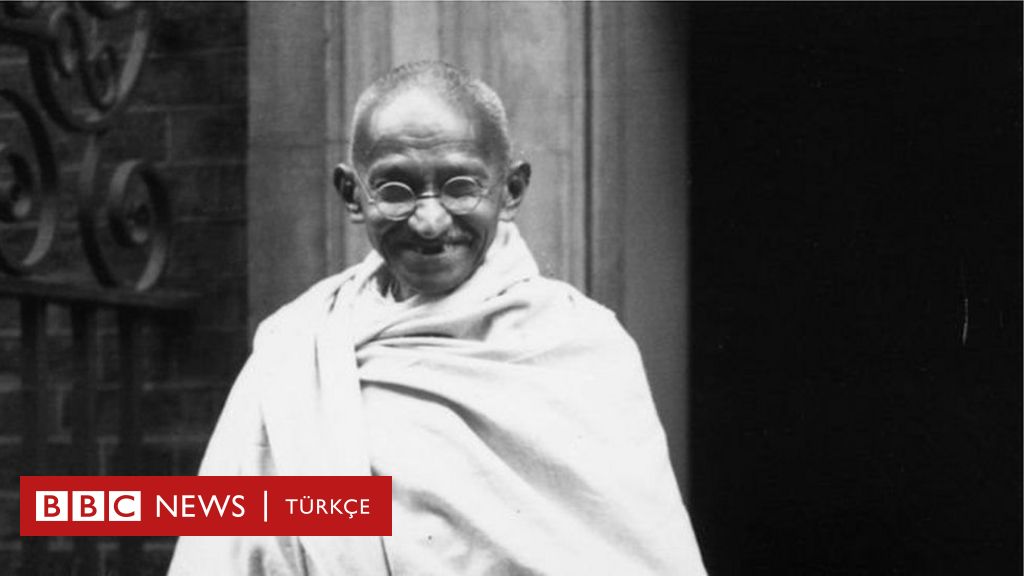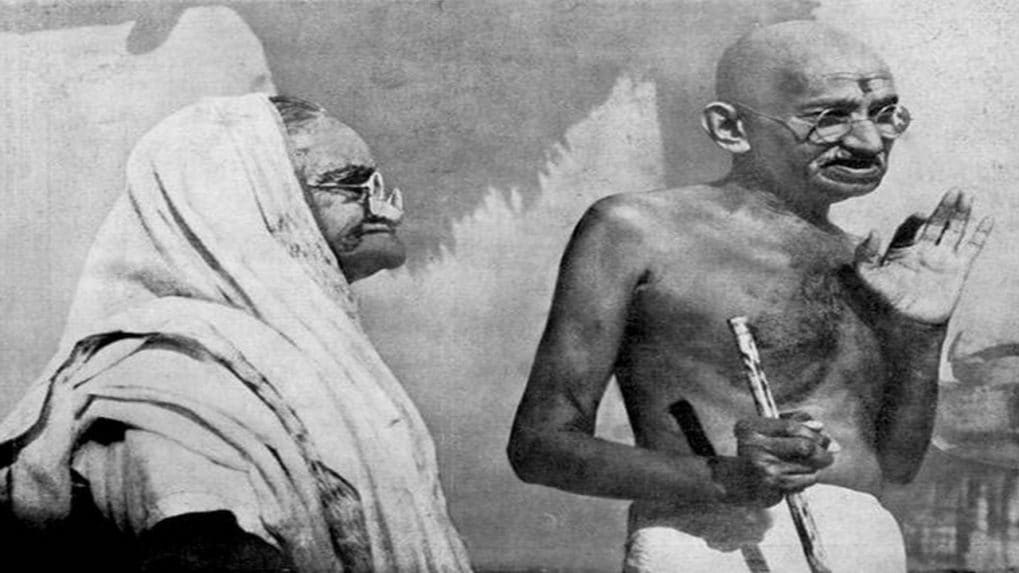Mahatma Gandhi: The Legacy of Nonviolent Resistance
Introduction:
Mahatma Gandhi, one of the most iconic figures of the 20th century, left an indelible mark on the world through his philosophy of nonviolent resistance. Born in British-ruled India, Gandhi's life was dedicated to the pursuit of truth, justice, and freedom. His principles of Satyagraha, or truth-force, became powerful tools in the struggle for independence not only in India but also inspired movements for civil rights and social justice around the globe. This article delves into the life, philosophy, and enduring legacy of Mahatma Gandhi, exploring how his teachings continue to resonate in today's world.
Early Life and Influences:
Mahatma Gandhi was born on October 2, 1869, in Porbandar, a coastal town in the western Indian state of Gujarat. Raised in a devout Hindu family, Gandhi was deeply influenced by the principles of compassion, tolerance, and nonviolence from an early age. His mother, Putlibai, instilled in him a strong sense of religious piety, while his father, Karamchand Gandhi, served as a local chief minister, exposing Gandhi to the complexities of social and political life.
Education and Formative Years:
In pursuit of higher education, Gandhi traveled to England to study law at University College London. His time in London exposed him to Western political thought and the works of philosophers like Henry David Thoreau and Leo Tolstoy, who advocated for civil disobedience and passive resistance. These ideas would later shape Gandhi's own philosophy of nonviolent resistance.
South Africa and the Birth of Satyagraha:
In 1893, Gandhi moved to South Africa to work as a lawyer. It was in South Africa that he first experienced firsthand the brutal realities of racial discrimination and oppression. Gandhi became actively involved in the struggle for the rights of Indian immigrants, leading campaigns against discriminatory laws and policies.
In 1906, Gandhi organized his first major nonviolent resistance campaign, known as the Satyagraha movement, in opposition to the Asiatic Registration Act, which required all Indians in South Africa to carry passes. Through strikes, boycotts, and civil disobedience, Gandhi and his followers successfully challenged the unjust law, marking the beginning of his lifelong commitment to nonviolent protest.
Return to India and Leadership of the Independence Movement:
In 1915, Gandhi returned to India, where he emerged as a prominent leader in the Indian National Congress, the country's largest political party. Drawing upon his experiences in South Africa, Gandhi began advocating for nonviolent civil disobedience as a means of challenging British colonial rule.
Gandhi's leadership style was characterized by simplicity, humility, and moral integrity. He emphasized the importance of self-discipline, self-sacrifice, and service to others, inspiring millions of Indians to join the struggle for independence.
Salt March and Civil Disobedience:
One of Gandhi's most famous acts of civil disobedience was the Salt March of 1930. In protest against the British salt tax, which imposed heavy duties on salt production and sales, Gandhi led a 240-mile march to the Arabian Sea, where he and his followers defied British law by producing salt from seawater. The Salt March galvanized public support for the independence movement and drew international attention to the injustices of British colonial rule.
Throughout the 1930s, Gandhi continued to lead nonviolent campaigns against British rule, including boycotts of British goods and institutions, and peaceful protests against unjust laws and policies. Despite facing imprisonment and repression by the colonial authorities, Gandhi remained steadfast in his commitment to nonviolence and moral courage.
Role in Partition and Post-Independence:
As India approached independence, tensions between the Hindu and Muslim communities escalated, leading to widespread violence and calls for partition. Gandhi, deeply opposed to the idea of dividing India along religious lines, embarked on a fast unto death to promote communal harmony and peace. Although partition ultimately occurred in 1947, Gandhi's efforts to bridge religious and communal divides left a lasting legacy of tolerance and unity.
Tragically, Gandhi was assassinated on January 30, 1948, by a Hindu extremist who opposed his policies of nonviolence and religious pluralism. His death shocked the nation and the world, but his teachings and principles continued to inspire generations of activists and leaders in their quest for justice and equality.
Legacy of Nonviolent Resistance:
Mahatma Gandhi's legacy extends far beyond the borders of India. His philosophy of nonviolent resistance has inspired countless movements for civil rights, social justice, and peace around the world. From Martin Luther King Jr. in the United States to Nelson Mandela in South Africa, Gandhi's principles have served as a guiding light for those seeking to challenge injustice and oppression through peaceful means.
In today's turbulent world, Gandhi's message of love, compassion, and nonviolence remains as relevant as ever. In the face of injustice, inequality, and conflict, his teachings offer a powerful alternative to violence and hatred, reminding us of the inherent dignity and worth of every human being.
- Environmental Activism: Gandhi's teachings also resonate in the realm of environmental activism. His emphasis on simplicity, sustainability, and respect for nature aligns with modern movements advocating for conservation and ecological stewardship. By promoting a lifestyle of minimal consumption and harmony with the natural world, Gandhi's philosophy offers valuable insights into addressing contemporary environmental challenges.

- Gender Equality: Gandhi was a staunch advocate for gender equality and women's rights. He believed in the empowerment of women and encouraged their participation in social and political spheres. Gandhi's support for women's education, economic independence, and social reform laid the groundwork for subsequent movements for gender equality and women's liberation.
- Rural Development: Gandhi's vision of self-reliant villages and decentralized governance continues to inspire initiatives for rural development and community empowerment. His advocacy for sustainable agriculture, cottage industries, and rural education underscores the importance of addressing rural poverty and fostering inclusive growth.
- Education Reform: Gandhi emphasized the role of education in fostering moral and intellectual development. He championed an education system that promoted critical thinking, creativity, and social responsibility. Gandhi's emphasis on holistic education and lifelong learning remains relevant in efforts to reform education systems worldwide.
- Global Impact: Gandhi's influence extends beyond India to every corner of the globe. His principles of nonviolence, tolerance, and social justice have inspired movements for peace, human rights, and democracy worldwide. From the Civil Rights Movement in the United States to the anti-apartheid struggle in South Africa, Gandhi's legacy continues to inspire people to strive for a better world.
- Gandhian Philosophy in Conflict Resolution: Gandhi's approach to conflict resolution, centered on dialogue, empathy, and reconciliation, offers valuable lessons for resolving contemporary conflicts. His emphasis on understanding the root causes of conflict and addressing them through peaceful means provides a framework for building sustainable peace and fostering mutual understanding.
- Gandhian Economics: Gandhi's economic philosophy, based on principles of self-sufficiency, equitable distribution, and sustainable development, offers an alternative to conventional models of capitalism and socialism. His advocacy for economic decentralization, community-based enterprises, and social welfare programs resonates in debates over economic inequality and poverty alleviation.

- Gandhian Leadership: Gandhi's leadership style, characterized by humility, integrity, and servant leadership, serves as a model for ethical and transformative leadership. His ability to mobilize people through moral persuasion and personal example highlights the importance of values-driven leadership in addressing complex societal challenges.
- Gandhi's Relevance in the Digital Age: In the digital age, Gandhi's teachings on mindfulness, simplicity, and ethical use of technology offer valuable insights into navigating the complexities of modern life. His emphasis on inner transformation and moral integrity reminds us of the importance of maintaining human connection, empathy, and ethical conduct in an increasingly interconnected world.
Conclusion:
Mahatma Gandhi's life and legacy continue to inspire and empower people from all walks of life. His unwavering commitment to truth, nonviolence, and social justice has left an indelible mark on the world, reminding us of the power of moral courage and collective action. As we confront the challenges of the 21st century, let us draw strength from Gandhi's example and strive to build a more just, peaceful, and compassionate world for future generations.







































![[FAILED] Engage2Earn: Shayne is helping koalas!](https://cdn.bulbapp.io/frontend/images/08e2e573-f490-4ef4-93b6-f2285814da59/1)

















